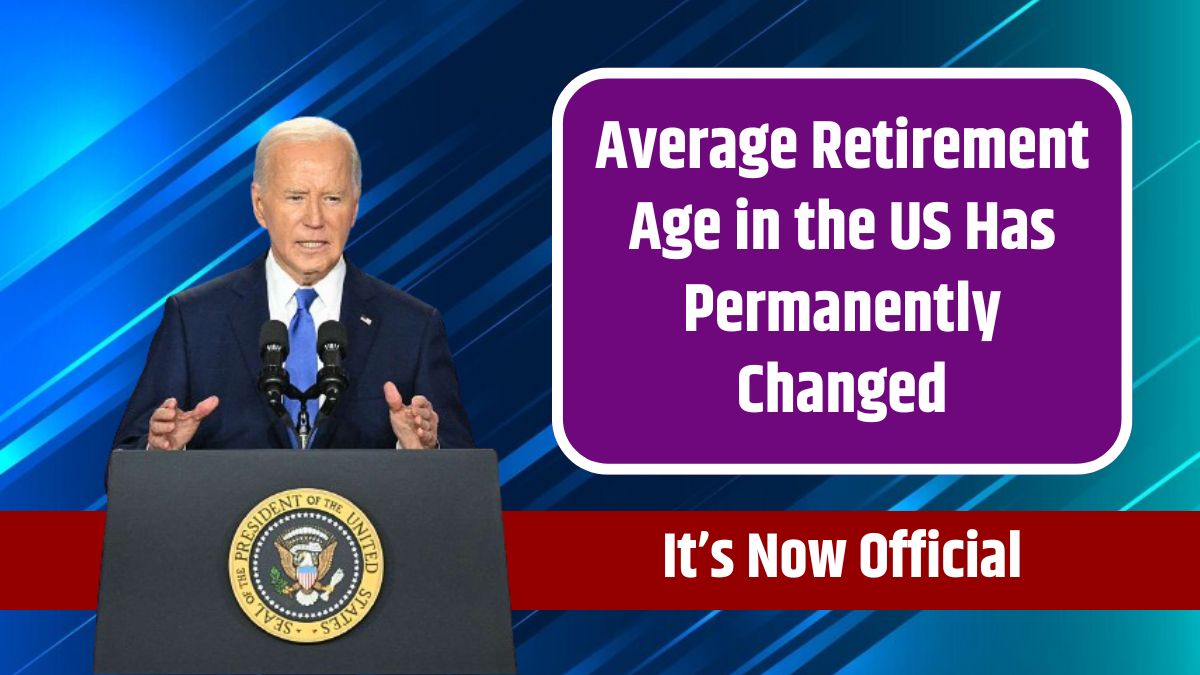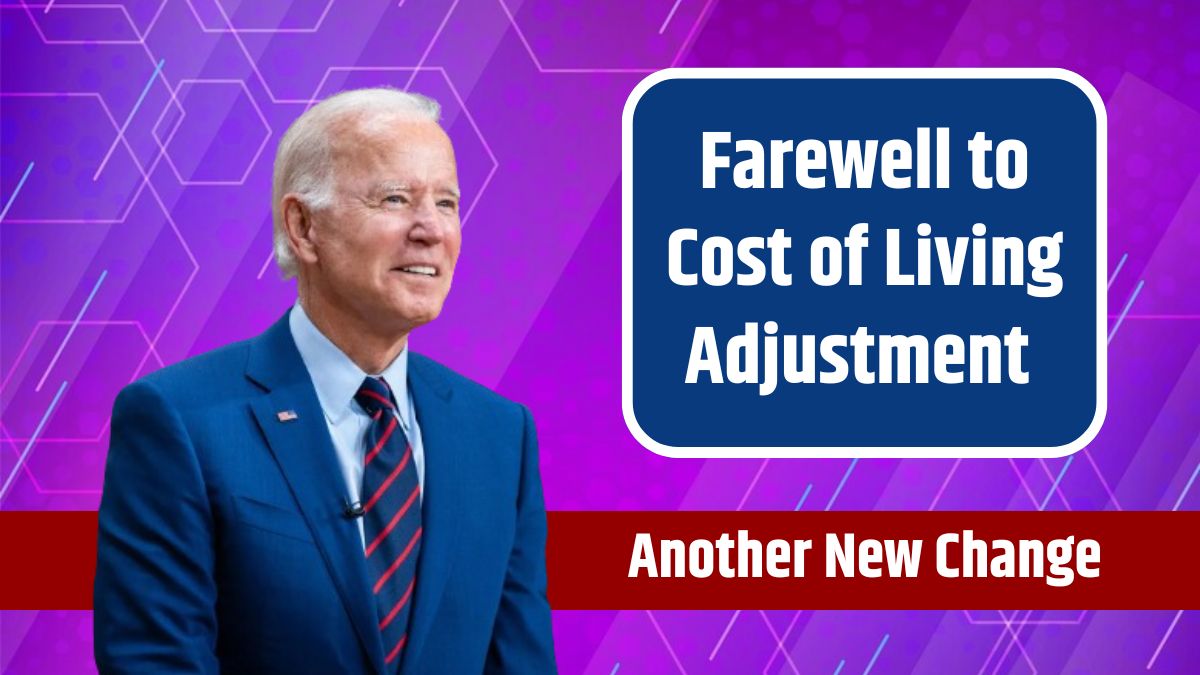The Social Security system faces significant financial challenges, with projections indicating it could run out of money by 2033. This has prompted lawmakers to consider changes to the retirement age, potentially affecting millions of future retirees. While 62 is the current average retirement age in the U.S., surveys show that many Americans now expect to retire at age 67. However, unexpected circumstances often force people to retire earlier than planned.
Reality of Early Retirement
While many people envision retiring on their own terms, the reality often diverges from those plans. Surveys indicate that more than 56% of retirees left the workforce earlier than anticipated. Among these early retirees, around 38% cited health problems or disabilities as the primary reason, highlighting the impact of health on retirement decisions. Additionally, about 14% were compelled to retire due to layoffs, underscoring the influence of economic factors.
The labor market plays a critical role in shaping retirement timing. For those who find themselves unemployed close to retirement age, seeking new employment may not seem realistic or appealing. As a result, some decide to claim Social Security benefits early, even though it may lead to reduced monthly payments for life. Family circumstances, financial emergencies, and changes in the economy can also push people into early retirement, often without adequate financial preparation.
Financial Challenges
Retiring sooner than planned can strain finances. Many early retirees end up tapping into their retirement savings earlier than intended, depleting their funds more quickly than expected. The average American retiree has about $269,078 saved, significantly below the $572,000 that financial experts recommend. Withdrawing from savings prematurely can also lead to higher risks of outliving one’s assets.
Claiming Social Security benefits before reaching the full retirement age (67 for most people) results in permanently reduced benefits, which may not be sufficient to cover living expenses in later years. Additionally, those who retire before age 65 could face gaps in healthcare coverage, as Medicare eligibility begins at that age.
Retirement Age
Amid the ongoing concerns about Social Security’s financial sustainability, raising the retirement age has been floated as a potential solution. However, this approach is controversial, as it may disproportionately affect lower-income workers and those in physically demanding jobs who may not be able to continue working longer. On the other hand, lowering the retirement age may also pose risks, particularly when considering the growing number of older adults and the strain it could place on public resources.
Retirement Planning
In light of these challenges, financial advisors recommend that workers regularly reevaluate their retirement plans to ensure they remain on track. Increasing savings contributions, diversifying investments, and considering potential health expenses are all critical steps. Having a backup plan in place is also advisable, as unexpected events like job loss or illness could force an early retirement.
Workers without access to employer-sponsored retirement plans should explore alternative savings options such as Individual Retirement Accounts (IRAs). For those with existing 401(k) plans, maximizing contributions and taking advantage of employer-matching programs can significantly boost savings. Given the uncertainties surrounding Social Security, having a well-rounded financial strategy is essential for achieving a secure retirement.
Income Inequality
Financial disparities in the U.S. significantly affect retirement preparedness. The average full-time salary in the U.S. is around $74,738, but income levels vary widely depending on factors such as location, industry, race, and gender. About 34% of Americans earn less than $50,000 annually, which makes saving for retirement more challenging. Although the federal government adjusts Social Security benefits with the cost-of-living adjustment (COLA), many people find that these increases do not keep pace with the rising cost of living.
Furthermore, the privatization of retirement savings, through mechanisms like 401(k) plans and IRAs, means individuals bear more responsibility for their financial future. The transition from employer-managed pensions to personal retirement accounts requires more planning and knowledge, which not everyone has access to.
Confidence Gap
Younger Americans are less confident about their retirement prospects. A TIAA Institute study found that only 47% of non-retired individuals are certain they will retire when expected. This confidence drops to 37% among younger workers aged 22 to 34, as well as among Hispanic workers. Many young adults express concerns about whether they will ever be able to retire, given the uncertainty surrounding Social Security and the difficulty of saving in an unstable economy.
FAQs
What is the current average retirement age?
The average retirement age in the U.S. is 62.
What is the full retirement age for Social Security benefits?
For most people, it is currently set at 67.
How much should I save for retirement?
Financial advisors recommend aiming for about $572,000.
Why do people retire earlier than planned?
Health issues, layoffs, and financial emergencies often lead to early retirement.
Will the retirement age change soon?
Lawmakers are considering changes, but nothing is finalized yet.






















